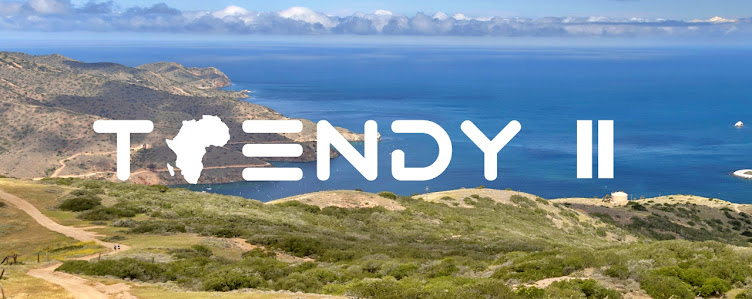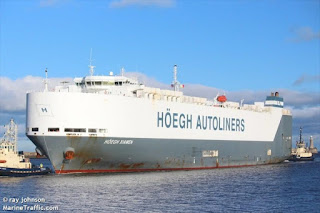For the past ten years, Africa has recorded some of the
world’s strongest rates of economic growth. At the same time, many African
economies continue to function at well below their full potential. Structural
transformation is needed to create more jobs, reduce poverty and accomplish
sustainable development objectives.
The African Development Bank’s High 5 priority areas are
intended to support African countries’ achievement of the SDGS. They are: Feed
Africa; Light up Africa; Industrialize Africa; Integrate Africa; and Improve
the Quality of Life for the people of Africa.
Feed Africa
Since 2015, 74 million Africans have benefited from improved
agricultural technologies through the Bank’s efforts to support increased food
security on the continent.
In western Mauritania, for example, the Brakna-Ouest
irrigation infrastructure improvement project, supported by the Bank in the
amount of $12 million, enabled 1 500 farming and livestock-producing families
to return to cultivating their fields.
Light up Africa
Without electricity, agriculture cannot effectively meet the
growing challenge of food security in Africa. The Bank has made investment in
energy a priority. Since 2016, it has mobilized $12 billion for its “Light Up
Africa” strategic priority. Through this investment, 13.4 million people have
gained access to electricity.
Morocco has made significant progress in widening access to
electricity. In just the past twenty years, the electricity system has expanded
to cover almost the entire country. The national rural electrification program,
supported by the Bank with 155 million euros, has connected nearly 12.8 million
Moroccans to the national power grid.
Industrialize Africa
As part of the Bank’s “Industrialize Africa” priority, 9
million people have gained access to private financing. In Nigeria, for
instance, where more than 70 percent of the population depends on agriculture,
fluctuating harvests have significant repercussions on yields, income and food
security.
One solution is fertilizer, particularly if locally
produced. The Bank provided $100 million to support construction of a modern
fertilizer plant in Port Harcourt.
Integrate Africa
To derive more benefit from industrialization, Africa must
become better integrated in terms of trade and markets. Through integration,
African countries can gain access to larger markets and thereby increase
incomes for millions of residents through new opportunities.
Since 2015, 69 million people have benefited from the Bank’s
support for new transport infrastructure that has advanced integration. Gaps in
the primary transport corridors have been filled, links between countries have
been strengthened, and intra-African trade has been revitalised.
A good example of this is The Nairobi-Addis-Ababa corridor,
which received $670 million in Bank financing and which has enhanced the
potential for trade and job growth in Ethiopia and Kenya.
 |
| AfDB President, Akinwumi Adesina |
Improve the quality of life for the people of Africa
An important part of improving living conditions is
providing better access to essential services such as health, water and
sanitation. Since 2015, Bank-supported projects have given 43 million people
access to water and sanitation.
source: APO





